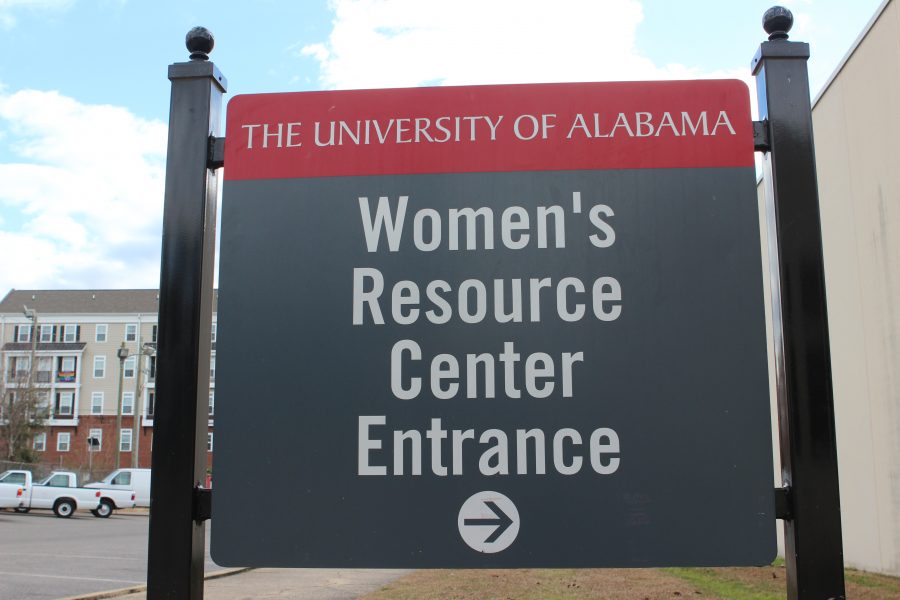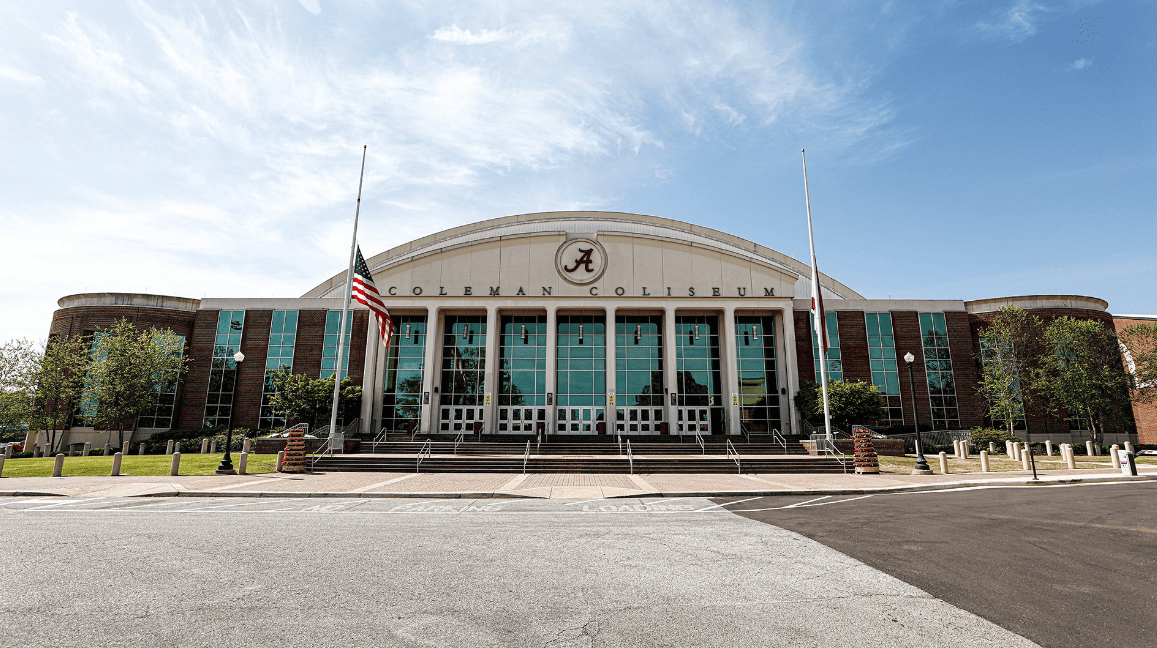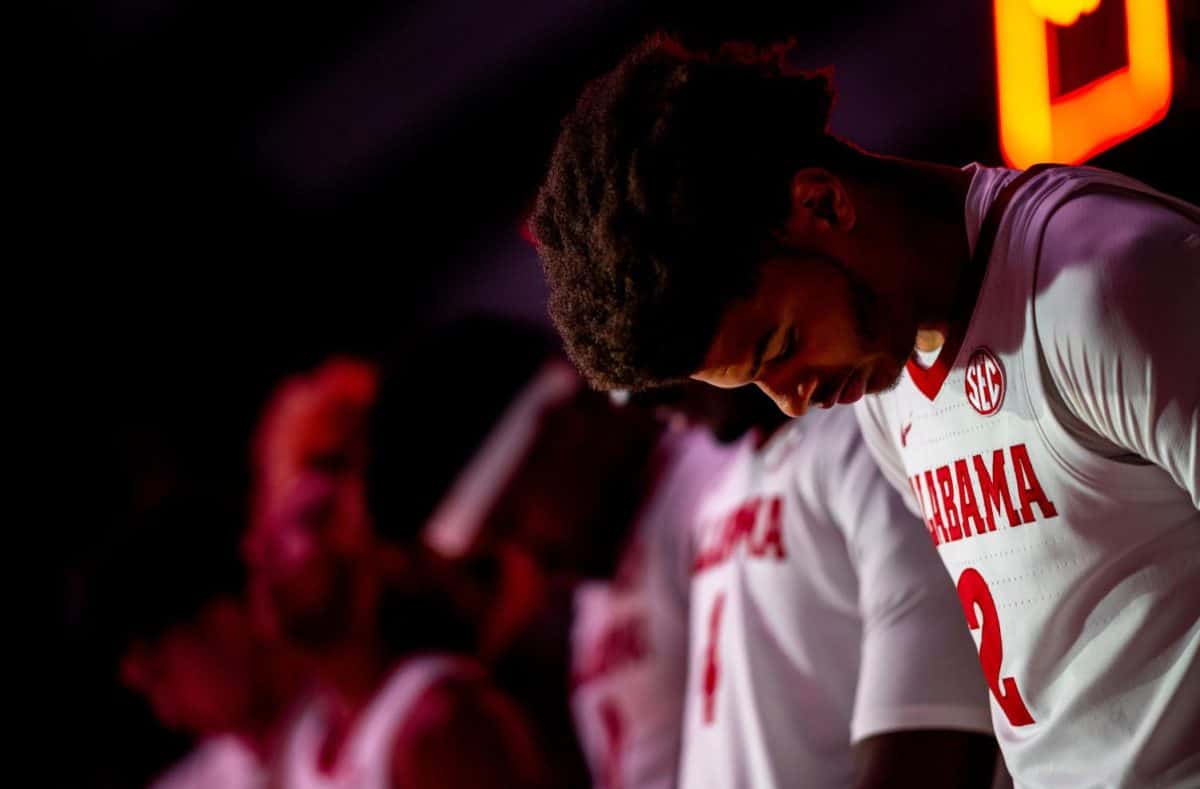“Why me?”
“Did I ask for it?”
These have been some of the thoughts that university students who unwillingly became victims of sexual assault struggle to overcome.
The University of Alabama’s Women and Gender Resource Center (WGRC) is one of the University’s prominent resources that provides counseling services, advocacy programs and support groups for victims in healing from sexual assault. Whether the assault happened yesterday or years ago, students, faculty and staff at The University of Alabama are provided with free and confidential services. But even by the end of 2015, advocacy work by universities, government programs and research facilities have made little impact on decreasing the number of assaults, especially on college campuses.
“The world has changed so much, you would think people would be more compassionate in sexual assault situations, but a while back this semester, there was a girl on this campus who drank a drink that was laced with Xanax, and she was taken advantage of,” said Andrea Green, a senior majoring in human development and family studies and an intern at the WGRC.
The WGRC encourages victims like the one Green talks about to consider making an appointment for professional, therapeutic help after traumatic situations, especially since the WGRC offers its services for free. Awareness programs are launched year-round in an effort to shatter some of the silence and stigma surrounding sexual assault on campus.
All students can access the WGRC regardless of what insurance they have, which is unlike counseling services or treatment at the Student Health Center. The purposefully safe and private atmosphere at the WGRC gives victims the opportunity to work with a kind, trained professional without having to divulge any of their experience to any other school official or officer, if that’s what they decide is the best way to heal. The WGRC also offers services to significant partners or friends of victims with traumatic sexual assault experiences.
“I just remember even some of my friends making the comment that she shouldn’t have been where she was, and she knowingly drank the drink, but at the end of the day, I found it so sad that people haven’t tuned into the fact that men need to be responsible,” Green said. “Even if she did make a bad choice and passed out, she doesn’t deserve to be taken advantage of.”
The WGRC aims to communicate with students to understand that there is a support team willing to help and to educate students on the short-term and long-term effects victims of rape experience, including cases of severe Post Traumatic Stress Disorder (PTSD). Like any other victim of PTSD, they experience flashbacks, shock, depression and anxiety. Some victims live in constant fear that the assault could happen again.
“Girls are taught that rape is the worst thing that could ever happen to them,” said Dr. Kathy Echols, staff therapist for the WGRC.
Unlike some other traumatic events, public stigma surrounding sexual abuse or assault are often daunting to talk about because of the personally invasive nature of the crime.
“So I’ve heard a lot of people say ‘Now I’m destroyed, I’m damaged, nobody will love me, I hate myself,’ and all these negative things because if that’s the worst thing that can happen, what’s the point? Where is there to go?” Echols said.
Even though efforts have been made to raise awareness about the issue of sexual assault on campuses, research done by the Centers for Disease and Prevention noted that brief introductory awareness campaigns that focus on topics such as attitude change and consent definitions have little long-term effect on reducing sexual assault. In reality, perpetrators of sexual violence aren’t going to be deterred when they know there won’t be consequences for their actions.
“It’s the same whether the victim is a man or woman, they can’t get it in their head that it was an intentional act, they intended to damage and hurt the victim in this way, and most of the time, it’s someone who they thought was their friend,” Echols said.
She said the key to helping victims of sexual assault is to be compassionate and to realize there is no specific timeline to healing. Many victims struggle with the senselessness of rape, that nothing they did caused the assault other than being in the wrong place at the wrong time. Recovering from rape is different for every person, and has a lot to do with recovering the power taken during the assault. Victims of sexual assault on campus may fear running into their perpetrator in class, in the library or even just walking around town.
“You would be surprised how many people are affected, a lot of people assume that this is a problem mostly for people of low socioeconomic status, but I’ve seen a lot of my peers who have either been affected by this issue or know someone who has been affected,” said Robin Stewart, a senior majoring in human development and family studies and an intern for the WGRC.
Echols has seen countless victims of sexual assault, most of them current UA students, and was recognized for her accomplishments in 2015 with the Capstone Hero Award.
She said a crucial step to recovering from sexual assault is having a safe place where the victim can tell their story and not be judged or pushed into doing anything they don’t want to do on their path to recovery. In this way, the WGRC acts as a safe haven for victims of sexual assault on campus.
“Mental health is the one thing that people don’t take care of, and they don’t take seriously,” Green said. “If you break your arm, there will be a million people who want to come sign your cast, but if you scream for help or show any signs of emotional problems, people just don’t pay attention.”
Despite the stigma surrounding sexual assault, the staff at the Women and Gender Resource Center focuses on being supportive, confidential and, ultimately, available, especially when students feel like they have nowhere else to go without the possibility of judgment.
Call the WGRC at 205-348-5040 during business hours to set up an appointment or get more information on available resources. After hours, contact the University Police at 205-348-5454 to reach an On Call Advocate. The On Call Advocates are available the 24/7, even on holidays.
View the first UA Acts with Courage Digital Story here.







